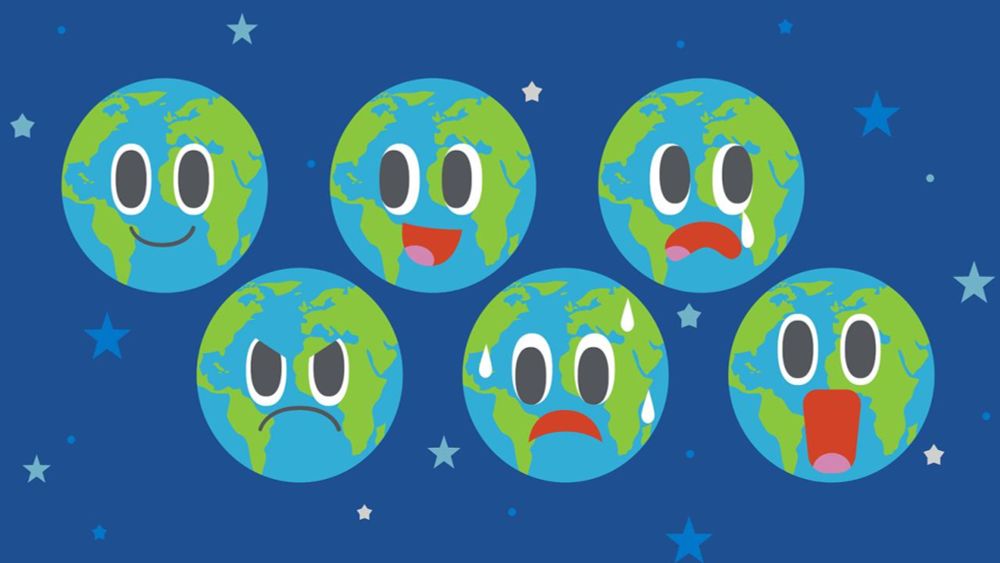
- Levels of energy, calm, and resilience are alarmingly low.
- The “U-shape” of happiness across age has vanished: young adults now report the worst mental health. ⚠️
- Almost half of adults over 75 live alone.
- Levels of energy, calm, and resilience are alarmingly low.
- The “U-shape” of happiness across age has vanished: young adults now report the worst mental health. ⚠️
- Almost half of adults over 75 live alone.
- U-shape for age is gone: Young adults lowest health, highest illness
- Education still matters (a lot)
- 45% of older people live alone
- Hybrid work > 100% remote or in-person
Preprint: osf.io/3jyda_v1




- U-shape for age is gone: Young adults lowest health, highest illness
- Education still matters (a lot)
- 45% of older people live alone
- Hybrid work > 100% remote or in-person
Preprint: osf.io/3jyda_v1
*He also lowered standards to include me.
I talked to Kai @ruggeri.bsky.social about his global collaborations on Prospect Theory and temporal discounting, how to run these global studies, how to run studies in languages you don't speak, & much more.
Thanks Kai for being a guest!
1/3
*He also lowered standards to include me.
@senpei.bsky.social @sarahaj95.bsky.social
www.medrxiv.org/content/10.1...




@senpei.bsky.social @sarahaj95.bsky.social
www.medrxiv.org/content/10.1...

globalmentalhealth.github.io/Research

globalmentalhealth.github.io/Research



Freely available to all @policysciences.bsky.social

Freely available to all @policysciences.bsky.social


Freely available to all @policysciences.bsky.social

Freely available to all @policysciences.bsky.social

Freely available to all @policysciences.bsky.social
It actually went up. Seven percent.

It actually went up. Seven percent.
It actually went up. Seven percent.

It actually went up. Seven percent.
At 8:30 am ET, BLS delivers the most-important signals abt how economy is changing.
Forecasts’ center:
+155K jobs
Unemployment rate (UR) stable at 4.2%
At 8:30 am ET, BLS delivers the most-important signals abt how economy is changing.
Forecasts’ center:
+155K jobs
Unemployment rate (UR) stable at 4.2%
Our cities:

Our cities:

👉An evaluation of 19 policy recommendations detailing how evidence from behavioral science could contribute to efforts to alleviate the COVID-19 pandemic.
Led by @ruggeri.bsky.social
www.nature.com/articles/s41...

👉An evaluation of 19 policy recommendations detailing how evidence from behavioral science could contribute to efforts to alleviate the COVID-19 pandemic.
Led by @ruggeri.bsky.social
www.nature.com/articles/s41...
Joint work with @abbysussman.bsky.social, Carlos Vazquez-Hernandez, Daniel O'Leary, and Jennifer Trueblood

Joint work with @abbysussman.bsky.social, Carlos Vazquez-Hernandez, Daniel O'Leary, and Jennifer Trueblood

I'm just posting this to show how much I appreciate all the scholars who worked their ass off during covid to do incredibly rigorous science while trying to juggle stress, childcare, illness, etc. We owe them all a sincere dept of gratitude.
I'm just posting this to show how much I appreciate all the scholars who worked their ass off during covid to do incredibly rigorous science while trying to juggle stress, childcare, illness, etc. We owe them all a sincere dept of gratitude.
This is just more evidence that research on COVID was actually quite robust.

This is just more evidence that research on COVID was actually quite robust.


